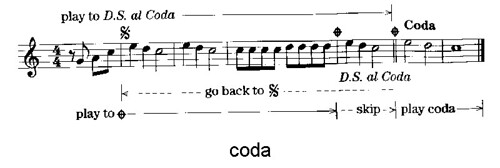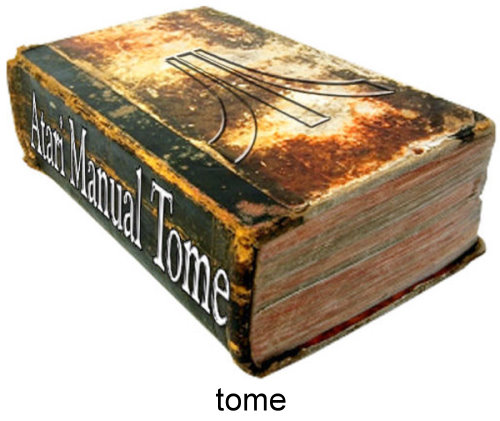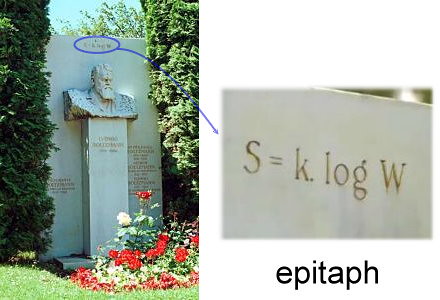epidemic
epi-dem-ic
adj.流行傳染的 [Spreading rapidly and extensively by infection and affecting many individuals in an area or a population at the same time]
ex. an epidemic outbreak of influenza.
n. 流行病
ps.
epi- == upon(在什麼之上), or among(在什麼之間),還有in addition
c.f
endemic adj.地方性的(疾病等) adj.某地特有種的
epidemic
epidermis
epi-derm(=derma;skin)-is
n.表皮 [The outer, protective, nonvascular layer of the skin of vertebrates, covering the dermis.]
ps.
dermatology [dermat-ology] n.皮膚醫學
epigram
epi(upon)-gram(graph;write)
n.警句,雋語 [a witty saying ]
ex.Mark Twain
ps. epigraph n.刻文,碑文
epigraph 與 epigram 字根的解釋都是一樣的"寫在上面的"
只是epigraph當作寫在石頭、碑上的文。
而epigram當作寫在上面的雋語
還有一個概念類似的字
epitaph n.墓誌銘
epilogue
epi(in addition)-logue(speak)
n.結語; 收場白 [a concluding part added to a literary work, as a novel.] [a speech, usually in verse, delivered by one of the actors after the conclusion of a play.]
epi的意象為in addition是額外的意思,就好所有內容都寫好了,在添加結語在內容之上。
epilogue:novel=coda:symphony
結語是小說的結尾=尾聲是交響樂的結尾
episode
n.(文藝作品中的)插曲,片斷;(連載小說中的)一節
n.(整個事情中的)一個事件、情節 [One of a series of related events in the course of a continuous account]
字源:" from epi- "in addition" + eisodos "a coming in, entrance" (from eis "into" + hodos "way").
Originally commentary between two choric songs in Gk. tragedy; extended by 1679 to "any incidental narrative or digression in a story, poem, etc." Sense of "outstanding incident, experience" first recorded in Eng. 1773.
最原始的意思是"希臘悲劇中兩個合唱歌曲間的評論",後來延伸成在故事、詩中的偶發的敘述、或是離題敘述。而「偶發事件」這個字義是最後才發展出來的。
episodic
episode-ic
adj.(戲劇、小說等)插曲多的;情節不連貫的 [ divided into separate or tenuously related parts or sections; loosely connected]
ex. an episodic novel.
epitaph
epi-taph(=tomb n.墓;墓碑)
n.墓誌銘,碑文 [An inscription on a tombstone in memory of the one buried there.]
epitome & epitomize
epitome
epi-tome(n.大型書本)
n.梗概;象徵 [A representative or perfect example of a class or type]
ex. XX is the epitome of this world.
ex.He is the epitome of diligence.
他是勤勉的典型。
tome的字源:1519, from M.Fr. tome, from L. tomus "section of a book, tome," from Gk. tomos "volume, section of a book," originally "section, piece cut off," from temein "to cut," from PIE *tom-/*tem- "to cut" (cf. second element in L. aestimare "to value, appraise," O.C.S. tina "to cleave, split," M.Ir. tamnaim "I cut off," Welsh tam "morsel"). Originally "a single volume of a multi-volume work;" sense of "a large book" is attested from 1573.
tome是從希臘字的tomos來的,指的是分成冊的書。而tom有cut(割)的意思,其實就是把一本很大的書,分成好幾冊,而一冊一冊的書就叫做tome(tomos)。
而後來就演化成大型書本的意思。因為一本書要分成好幾冊的話,大概都是大型書目,像是百科全書啦~。

epitome的字源:1529, "an abstract; brief statement of the chief points of some writing," from M.Fr., from L., from Gk. epitome "abridgment," from epitemnein "cut short, abridge," from epi- "into" + temnein "to cut." Sense of "person or thing that typifies something" is first recorded 1607.
epitome原指的是簡明的陳述,因為以前的書是分成好幾冊的,那每冊的書上若有寫一些簡單的說明,會比較好找資料。
而後來epitome就演化成了,梗概;象徵。因為你看這些brief statement就可以知道書的大概。
epitomize
epi-tome-ize
v.象徵 [to contain or represent in small compass; serve as a typical example of; typify]
ex. behavior that epitomizes selfishness.
epithet
epi-thet(put)
n. 稱號 [A term used as a descriptive substitute for the name or title of a person, such as The Great Emancipator for Abraham Lincoln.]
n. 渾名
ps.1
Strictly speaking, an epithet need not be derogatory, but the term is commonly used as a simple synonym for term of abuse or slur, as in There is no place for racial epithets in a police officer's vocabulary.
ps.2
thesis n.論文;論點
epoch
n.新紀元 [A notable event that marks the beginning of such a period]
ex. The treaty ushered in an epoch of peace and good will.
n.重要時期 [A particular period of history, especially one considered remarkable or noteworthy.]
ex. The birth of Christ was the beginning of a major epoch of world history.






 留言列表
留言列表